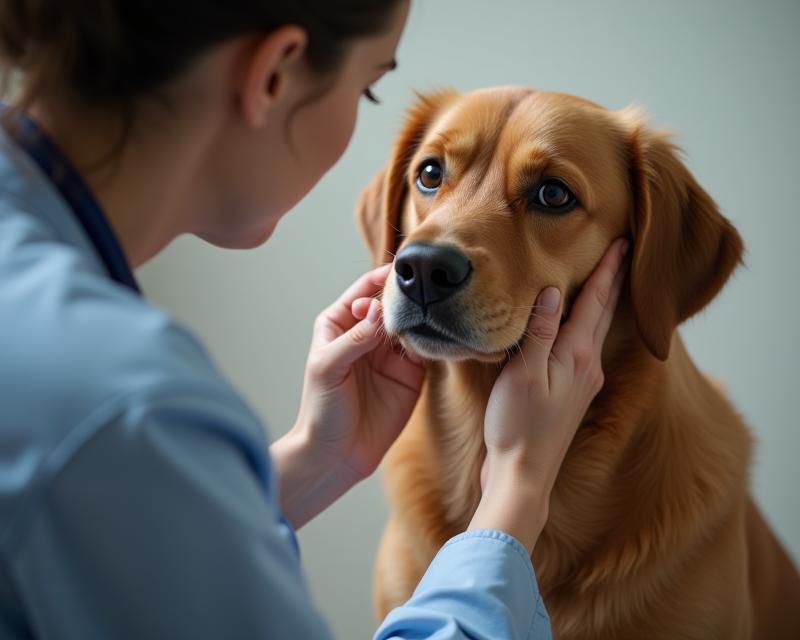Vet Checkups: Key to a Happy Pet!
Publish in Health el 28/06/2025 22:59
Why Regular Vet Checkups are Essential for Long-Term Pet Health
As loving pet owners, we all want the very best for our furry, scaled, or feathered companions. We provide them with food, shelter, and plenty of love, but are we doing enough to ensure their long-term health and well-being? The answer is often, we can do more! Regular veterinary checkups are a cornerstone of responsible pet ownership and play a vital role in preventing health problems and extending your pet's life.

The Importance of Preventative Care
Think of vet checkups as preventative maintenance for your pet. Just like a car needs regular oil changes and tune-ups, your pet needs routine health assessments. During these visits, your veterinarian can identify potential health issues early on, often *before* they become serious and costly to treat. Early detection can significantly improve treatment outcomes and, in many cases, save your pet's life. These checkups aren't just about finding problems; they're also about proactive care.
What Happens During a Checkup?
A typical veterinary checkup involves a thorough physical examination, which includes checking your pet's vital signs like heart rate, temperature, and respiration. Your vet will also examine their eyes, ears, teeth, skin, and coat. They'll ask about your pet's behavior, appetite, energy levels, and any changes you've noticed. Depending on your pet's age and breed, your vet may also recommend blood work, fecal exams, vaccinations, and parasite prevention. These tests help detect underlying health conditions like kidney disease, diabetes, or heart problems, even if your pet shows no obvious symptoms.
Age and Breed Considerations
The frequency of vet checkups varies depending on your pet's age and breed. Puppies and kittens require more frequent visits for vaccinations and parasite control. Senior pets (typically 7 years or older) benefit from more frequent checkups (every six months) to monitor age-related health issues. Certain breeds are predisposed to specific health problems, so your vet may recommend specialized screenings. Don't hesitate to discuss your pet's individual needs with your veterinarian – they are the best resource for personalized care advice. Remember, investing in regular vet visits is an investment in your pet's happiness and longevity.
Ultimately, regular vet checkups are a simple yet powerful way to show your pet you care and ensure they live a long, healthy, and happy life by your side.





